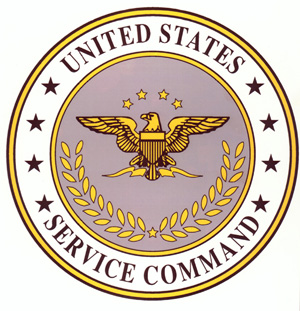PTS - Post Traumatic Stress
PTSD: National Center for PTSD Home (va.gov)
PTS (post-traumatic stress) is a mental health problem that some people develop after experiencing or witnessing a life-threatening event. These events can include combat, a natural disaster, a car accident, and sexual assault. It's normal to have upsetting memories, feel on edge, or have trouble sleeping after a traumatic event. Initially, it may be hard to do normal daily activities like work, school, or spending time with people you care about. Most people start to feel better after a few weeks or months. If it's been longer than a few months and you're still having symptoms, you may have PTS. For some, PTS symptoms may start later on or come and go over time.
National Center for PTS is a great site for resources.
Self-Help Courses
These online self-help courses teach skills and offer tools to help you and your family cope with PTS and related problems. You can take classes at the time, place, and pace that works best for you.
- CRAFT-PTSD
Community Reinforcement and Family Training—Post-traumatic Stress Disorder (CRAFT-PTS) is a self-paced online course for family members of someone managing PTS. Learn skills to encourage and support your loved one, and find resources to support your personal quality of life. - CRAFT-SUD
Community Reinforcement and Family Training—Substance Use Disorder (CRAFT-SUD) is a web-based course for family members of veterans working to manage SUD. This self-paced course teaches about addiction and offers skills to encourage and support a loved one and help take care of oneself.
PTSD Treatment Decision Aid
Using the PTS Treatment Decision Aid, you can:
- Learn about effective PTS treatments
- Watch videos of providers explaining how treatments work
- Build a chart to compare the treatments you like the most
- Print a personalized summary
How to Use the PTS Treatment Decision Aid
If you have—or think you have—PTS, the PTS Treatment Decision Aid is one of the best ways to learn about effective treatment options. You can go through this decision aid or skip to the sections that interest you. At the end, you can print or save a personalized summary of your symptoms, goals, and preferences. Share this summary with your provider on your next visit.
Note: This Decision Aid is not a substitute for medical care or advice from a provider. Only a licensed professional can diagnose PTS. Add this site to your resources to help veterans or anyone with PTS.
Get help for PTS
If you need help right away:
- Call 1-800-273-8255
- Chat online with a counselor
- Call 911 or visit a local emergency room
